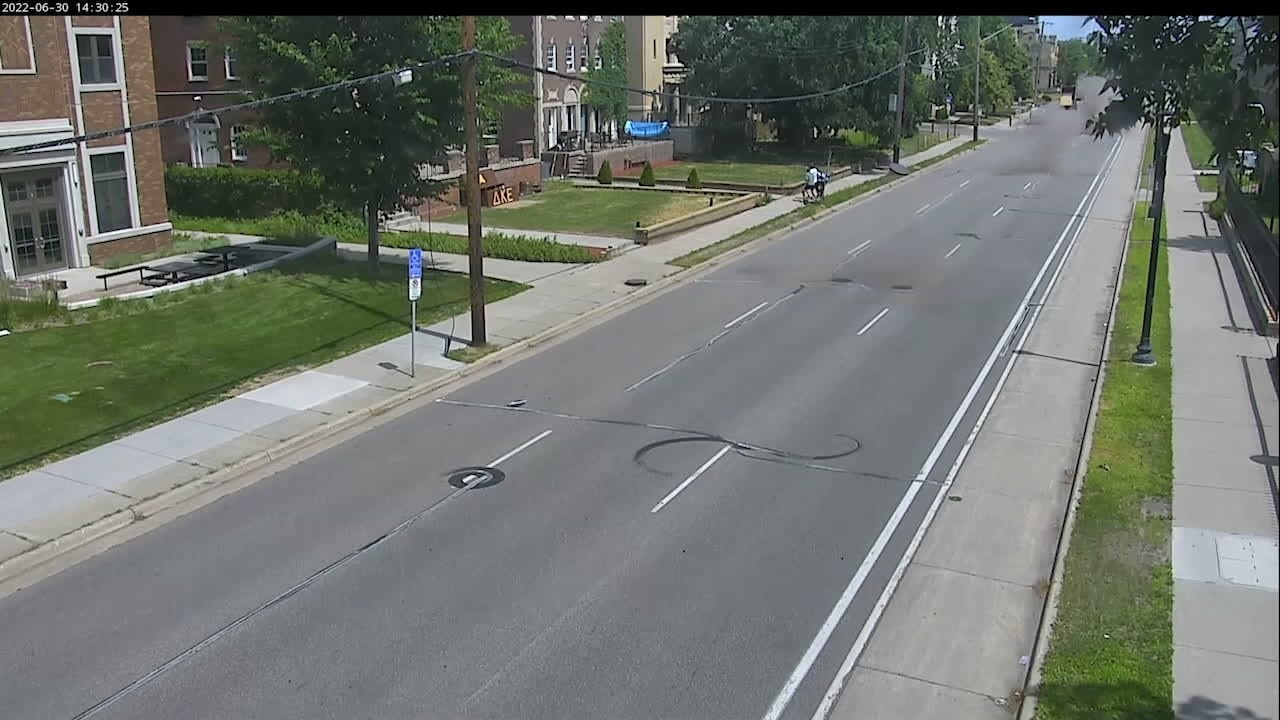Met Council monitoring sewers near U of M to prevent buildup of flammable vapors
[anvplayer video=”5163679″ station=”998122″]
On June 30, 2022, a spark from something as simple as turning on a household appliance caused a buildup of flammable vapors in the sewer system to explode, sending cast iron sewer covers flying into the air along the 1700 block of University Avenue Southeast, which is the same area as fraternity row housing for the University of Minnesota.
RELATED: MFD investigating possible gas spill in sewer line, fire in U of M frat house
There were two more scares within weeks of that incident after a heavy odor of gas was reported to be coming from the same sewer system. This all triggered a multi-agency investigation, which concluded that a nearby petroleum company’s filtration system wasn’t working properly, allowing oil to flow into the sewer system.
RELATED: Records, video shed new light on extent of fuel leaks near U of M campus
Ned Smith, with the environmental services division of the Metropolitan Council, told 5 EYEWITNESS NEWS the company is no longer discharging any oil and is working with the Met Council to make sure it doesn’t happen again. Additionally, monitors and meters have since been installed to watch the sewer system more closely.

This still frame from surveillance video obtained by 5 INVESTIGATES shows the moment an underground explosion causes manhole covers to fly June 30, 2022, on University Avenue near the University of Minnesota campus.
“We’re testing it daily, and it’s connected to our monitoring system back at our dispatch office which is manned 24/7,” Smith said. “So, if the lower explosive limit pops above a certain level, they’ll get an alarm back at dispatch and dispatch will send someone out immediately.”
Smith told KSTP that investigators believe someone turned on a household appliance in the basement of a fraternity house, which sparked the initial explosions in the sewer line on June 30.
“And then, when they turned on a dryer, that spark ignited the gases. Fortunately, no one was injured,” Smith said. “It must have been very, very frightening. I feel for them.”
Smith said the company was cited but not fined, and they’ll continue working with the Met Council to fix any problems on their end.